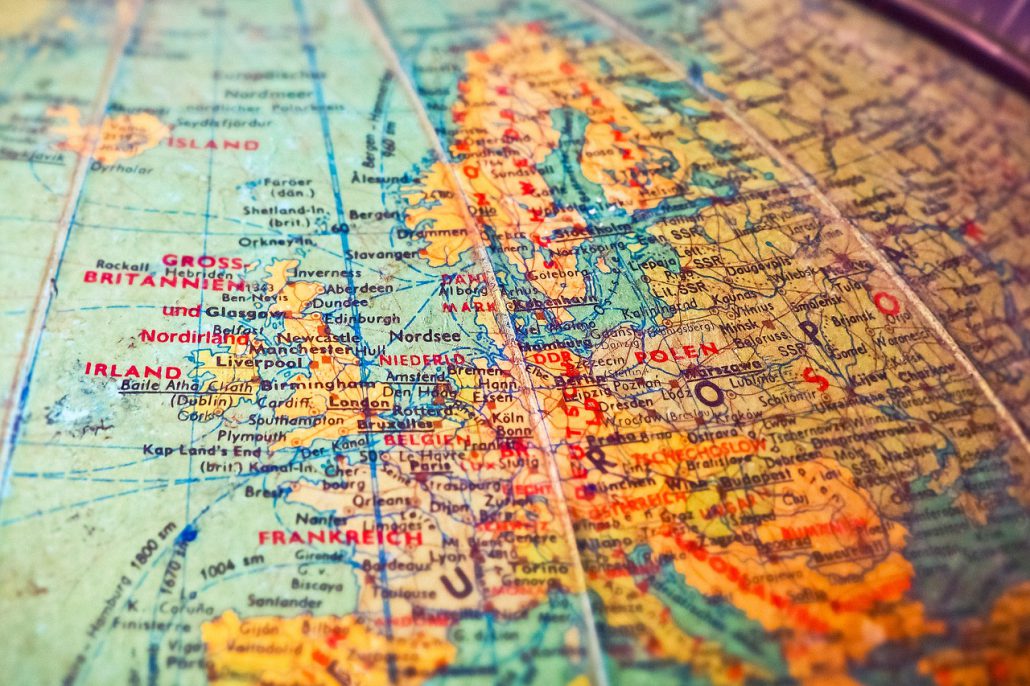How to approach multi-location SEO
Anyone who owns or runs SEO for a multilocation business understands the difficulties that are part of it. Every different location will have separate SEO needs and juggling them can be a real headache. Reporting on so many different locations can also be a lot of hassle. There’s no need to panic, though. In this post, we’ll cover exactly how you need to approach multilocation SEO.
What is Multi-Location SEO?
Multilocation SEO describes the process of carry9ing out SEO campaigns for a business that has multiple physical locations that all come under the same brand. SEO is very often the best method for this business and a great way to get people through the door.
There are multiple things you need to do when it comes to running and managing a multilocation SEO campaign. Part of this includes keyword research and optimization for each location, creating locally-focused content and reporting on each location. It’s important to have a separate strategy for every location but you also need to have a strategy for the wider brand.
What You Need to Run SEO for Multi-Location Businesses
A Clear URL Structure
Succeeding at multilocation SEO starts with having a crystal clear URL strategy. Clear URLs make it much easier for you to manage your location-specific pages. It will also help customers to navigate your site. They’ll be able to tell which location they are looking at just by glancing at the URL.
Pages for Each Individual Location
You will need to create a local landing page for every business location that you have. As part of this landing page, you should list the business’s name, the address and its phone number. This is a big local ranking factor. You should also include a lot of local information that could be useful for customers, as well as a map. The more information you can include, the better.
Location-Relevant Content
Creating content is also important if you want to do multiplication SEO well. You will need to create lots of content for each location and make sure that it is optimized for local keywords. This will maximize your exposure in Google.
Optimized Google Local Business Listing
Google My Business is a big part of local SEO, so it is essential that you claim, verify and optimize listings for each location. Claim them first then make sure you fill out all of the information possible. Include photos and links to your website, as well as key information like your opening hours.
Local Links
Links are still a big part of local SEO and they can be a big difference-maker. It is crucial that you create local citations and links for each of your locations.
Multilocation SEO is tricky but it’s not impossible. Follow our advice and you’ll be ranking high in no time.

